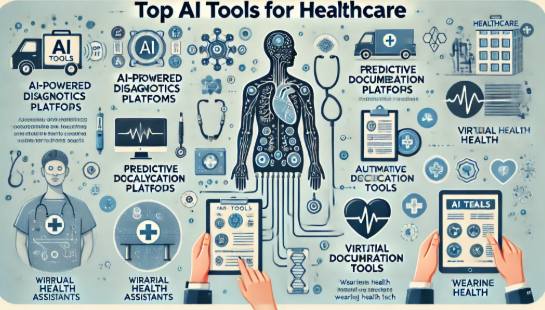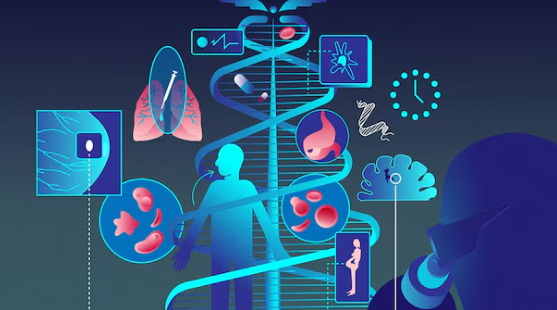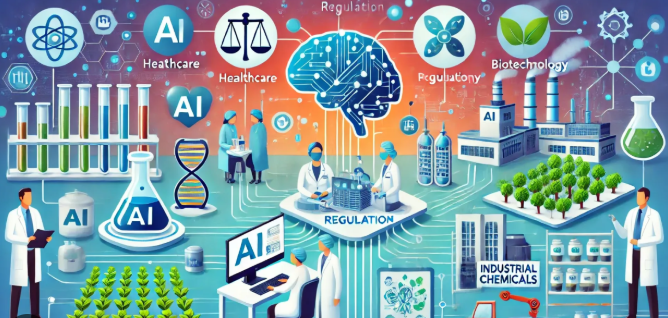Artificial Intelligence (AI) is driving significant advancements in healthcare, enabled by a variety of powerful tools and platforms. These AI tools help medical professionals improve diagnostics, treatment, patient care, and operational efficiency. Below are some of the top AI tools currently shaping the healthcare industry.
1. IBM Watson Health
IBM Watson Health is a widely recognized AI platform that analyzes vast medical data to provide clinical decision support, personalized treatment recommendations, and predictive analytics. It helps oncologists, radiologists, and other specialists make faster and more informed decisions.
2. Google Health and DeepMind
Google’s AI division, including DeepMind, develops cutting-edge tools for medical imaging analysis, disease prediction, and healthcare data management. Their AI models assist in detecting eye diseases, breast cancer, and other conditions with high accuracy.
3. Aidoc
Aidoc specializes in AI-powered radiology solutions that automate the detection of critical findings in medical images such as CT scans and X-rays. It prioritizes urgent cases, speeding up diagnosis and improving patient outcomes in emergency settings.
4. Zebra Medical Vision
Zebra Medical Vision offers automated medical imaging analysis tools that detect a wide range of conditions, including fractures, cardiovascular diseases, and liver abnormalities. Its AI algorithms integrate with existing hospital systems to enhance radiologists’ workflows.
5. PathAI
PathAI provides AI-powered pathology diagnostic tools that improve the accuracy and efficiency of disease detection from biopsy samples. Their platform supports pathologists in delivering precise diagnoses, particularly in cancer cases.
6. Babylon Health
Babylon Health combines AI chatbots and telemedicine to offer virtual health consultations, symptom checking, and health monitoring. It expands access to healthcare, especially for patients in remote or underserved areas.
7. Butterfly Network
Butterfly Network has developed a portable, AI-enabled ultrasound device that connects to smartphones. This tool makes medical imaging more accessible and affordable, particularly in low-resource settings.
8. BenevolentAI
BenevolentAI uses AI to accelerate drug discovery by analyzing biomedical data and predicting promising drug candidates. It has played a key role in identifying potential treatments for diseases like COVID-19.
9. Current Health
Current Health offers AI-driven remote patient monitoring solutions, using wearable devices to track vital signs and detect early signs of health deterioration. This helps reduce hospital admissions and supports chronic disease management.
10. Viz.ai
Viz.ai leverages AI to streamline stroke detection and care coordination. It analyzes brain scans and alerts specialists instantly, reducing time to treatment and improving patient outcomes in stroke cases.
Conclusion
The top AI tools in healthcare are transforming how medical professionals diagnose, treat, and monitor patients. By automating complex tasks, providing real-time insights, and expanding healthcare access, these tools are crucial in building more efficient, accurate, and patient-centered healthcare systems. Staying informed about these technologies is essential for healthcare providers aiming to leverage AI’s full potential.





Leave feedback about this